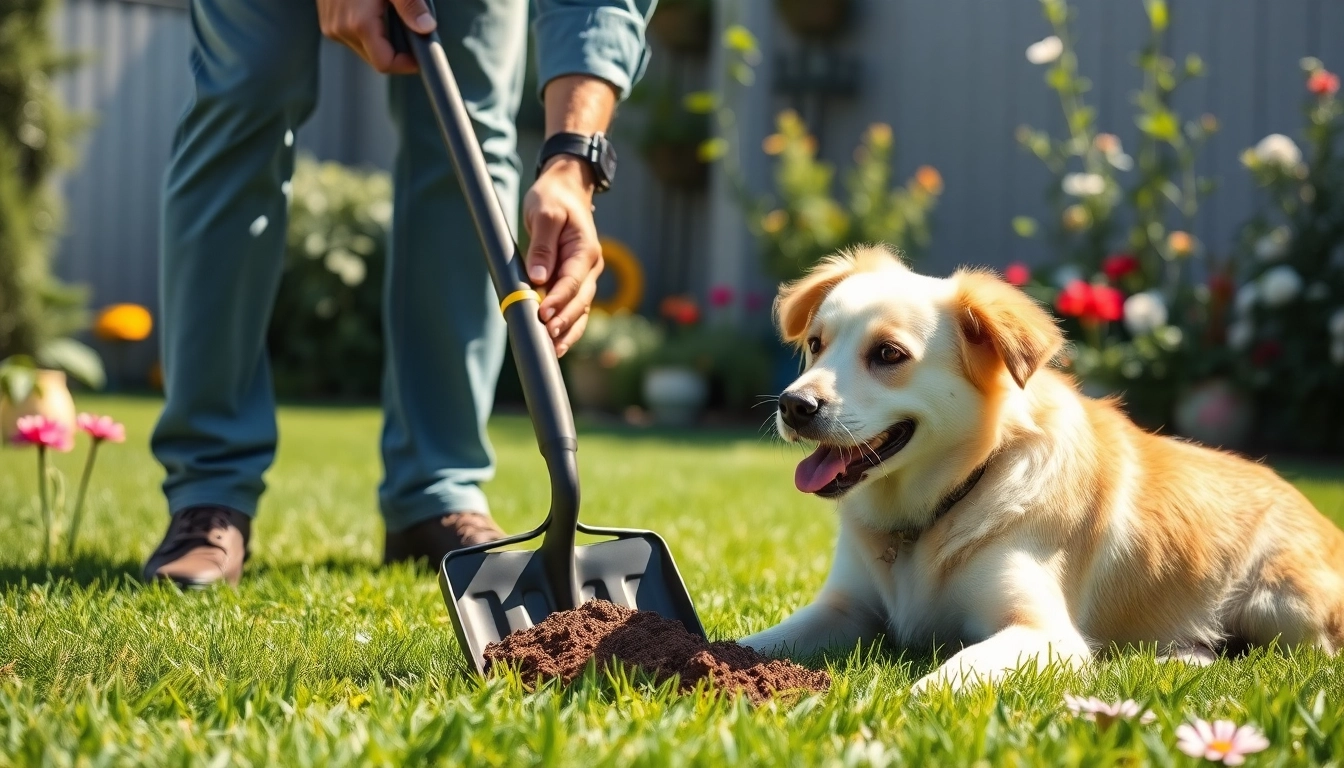
Understanding the Importance of Cleaning Up Dog Poop
Why You Should Clean Up After Your Dog
Cleaning up after your dog is not just a matter of courtesy; it’s essential for public health and the well-being of your environment. Dog owners have a responsibility to adhere to sanitary practices, which means regularly picking up and disposing of dog waste securely. When dog waste is left unattended, it can lead to a multitude of issues ranging from foul odors to more serious health hazards.
Health Risks Associated with Dog Waste
Dog poop is a breeding ground for various disease-causing bacteria and parasites. According to the American Kennel Club, feces can contain dangerous pathogens such as E. coli, Salmonella, and parasites like roundworms and Giardia. When waste contaminates water sources or enters public areas, these harmful substances can spread to both humans and other animals.
Environmental Impact of Neglecting Dog Poop
Neglecting to clean up dog poop can have detrimental effects on the environment. Dog waste can run off into storm drains and water bodies, contributing to water pollution. High levels of nitrogen found in dog feces can lead to algae blooms, which suffocate aquatic life. Moreover, unattended waste can cause soil degradation, affecting plant life and the overall ecosystem.
Best Practices for Cleaning Up Dog Poop
Tools and Gadgets for Efficient Cleanup
To make dog waste cleanup more manageable, using the right tools is crucial. Here are some effective gadgets:
- Pooper Scoopers: Long-handled scoops allow you to pick up waste without bending over, reducing strain on your back.
- Dog Waste Bags: Biodegradable and compostable waste bags are available for easy disposal of dog poop on walks.
- Disinfectant Sprays: These can help sanitize areas where your dog frequently relieves itself, keeping your yard free of bacteria.
Step-by-Step Guide to Cleaning Your Yard
- Equip yourself with a scooper or bags and wear gloves for hygiene.
- Walk through your yard systematically, gathering waste into your chosen tool.
- Dispose of the waste properly in a designated dog waste bag or compost bin.
- Sanitize the area with a pet-safe cleaner if desired.
How Often Should You Clean Up Dog Poop?
The frequency of cleanup will depend on several factors, including the number of dogs you have and your yard’s size. Generally, it is advised to clean up at least once a week. For multi-dog households, daily or every other day cleaning is preferable to prevent an accumulation of waste.
Innovative Solutions for Dog Poop Disposal
Best Eco-friendly Bags for Dog Waste
Using eco-friendly dog-waste bags can significantly reduce your environmental footprint. Look for bags that are:
- Biodegradable: These bags break down naturally, minimizing plastic waste.
- Compostable: Made from materials that can be composted with your organic waste.
Brands like clean up dog poop provide high-quality, eco-friendly options that are both sturdy and safe for the environment.
Waste Digesters: An Alternative to Scooping
A waste digester functions like a miniature septic system for dog poop. You can bury it in your yard, allowing waste to decompose over time. This method is environmentally friendly and decreases the frequency of manual cleanup. Be sure to follow the manufacturer’s instructions for optimal results.
Composting Dog Poop: Is It Safe?
Composting dog waste requires careful consideration. It is safe if done correctly. The key is to ensure the compost reaches sufficient temperatures (at least 140°F for a certain duration) to kill harmful pathogens. Using a specific compost bin designed for pet waste is advisable, ensuring it is labeled as safe for this purpose.
Seasonal Considerations for Dog Waste Cleanup
Cleaning Up in Winter: Tips and Tricks
During winter, dog waste can become hidden under layers of snow, making it easy to overlook. Here are tips to manage cleanup:
- Use colored flags or markers to pinpoint locations where your dog typically eliminates.
- After a snowstorm, try to clean up daily to prevent waste from freezing and sticking around.
Managing Dog Poop During Rainy Seasons
During wet seasons, the ground can become muddy, making cleanup tricky. Use a scooper with a long handle to avoid getting your hands dirty, and it’s highly beneficial to keep waste bags on hand during walks to clean up immediately.
Preparing for Spring: A Cleanup Plan
As spring arrives, dog waste that has been neglected during winter becomes unmanageable. Establish a cleanup plan that includes:
- Thoroughly inspecting your yard for hidden waste.
- Making use of disinfectants to treat areas where waste was present.
- Implementing a regular cleaning schedule as the weather improves.
Your Role as a Responsible Pet Owner
How to Educate Others About Dog Waste Management
Educating your community about the importance of dog waste management can create a positive impact. Share resources and engage with local dog parks. Hosting seminars or workshops can also increase awareness.
Community Initiatives for Clean Parks
Participating in or organizing cleanup events in local parks can demonstrate your commitment to responsible pet ownership. Partnering with local governments and NGOs to provide waste management solutions ensures cleaner environments for everyone.
Promoting Responsible Dog Ownership
Advocating for proper pet care practices extends beyond waste management. Promote spaying or neutering, regular veterinary visits, and training. As a responsible dog owner, you set the standard for others.